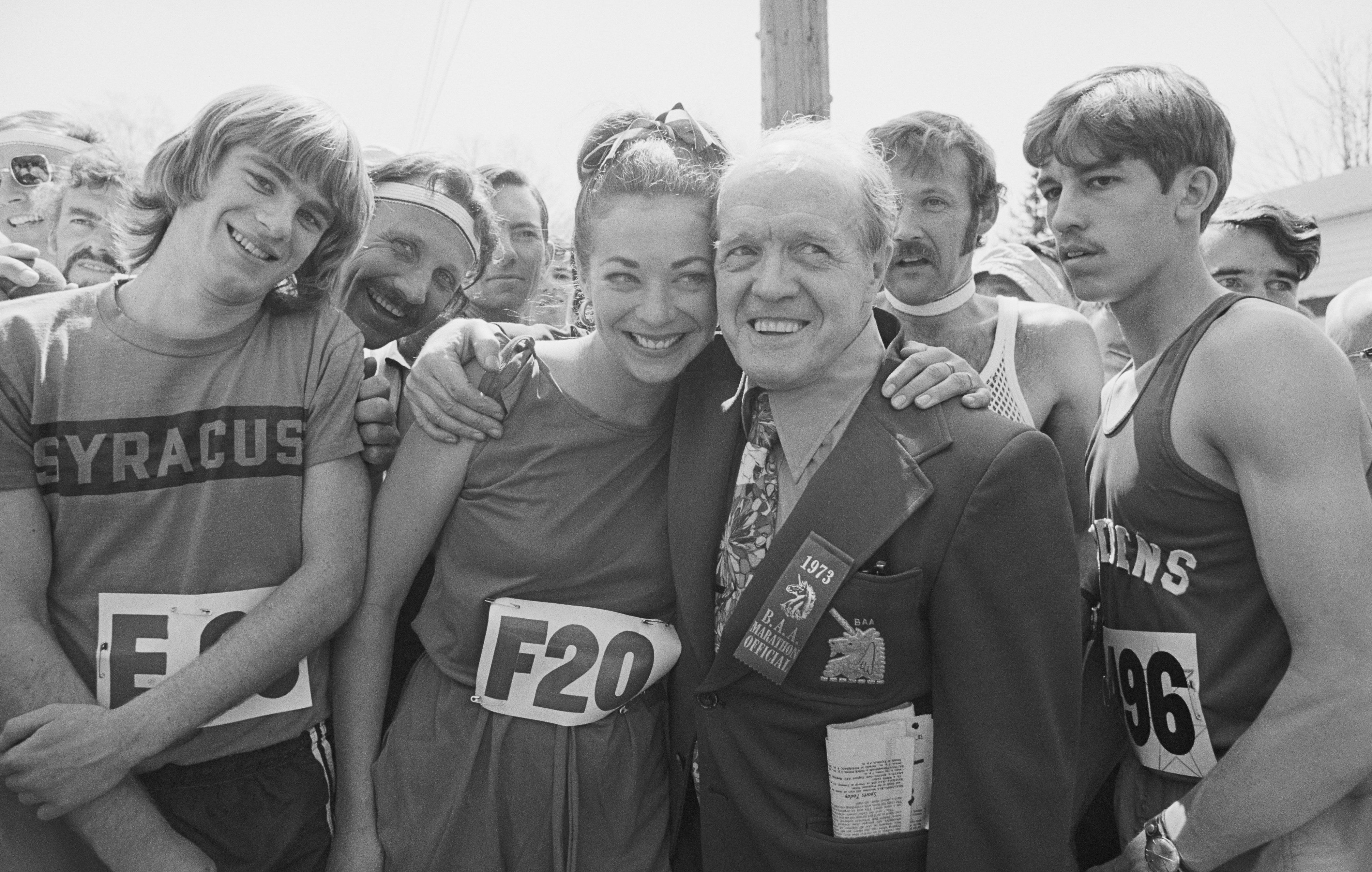

The Boston Marathon traces its origin to an ancient Greek battle and has a rich history of its own, filled with war heroes and Medford milkmen who persevered through oppressive heat, blinding rain and the occasional fox terrier that strayed onto the course.īut the story of the race's distaff division didn't begin until 1966, when it was still a fringe footrace of amateurs running only for an olive wreath and a bowl of beef stew. "But I think we need all kinds of people. There was no path at all," said Gibb, who actually hid in the bushes before becoming the first woman to run Boston, a year before Switzer strutted up to the starting line as the first official female entrant.

"When you're trying to overcome a prejudice and do something you're not allowed to do, how do you do it?" Gibb said this week as she prepared to serve as grand marshal for the 121st edition of the race, which Switzer will run again on the 50th anniversary of her landmark entry. Taking different paths to the same goal, Bobbi Gibb and Kathrine Switzer outran Boston Marathon tradition and trampled the notion that women were too frail for a 26.2-mile race. One is a neuroscientist-turned-sculptor, the other an activist and organizer.

Thousands of women will participate in this year's marathon, among them are two women who lead the way decades ago. This will be the fourth Boston Marathon since the bombing on Apwhich killed three people. More than 30,000 runners will take part in the 121st Boston Marathon Monday morning.


 0 kommentar(er)
0 kommentar(er)
